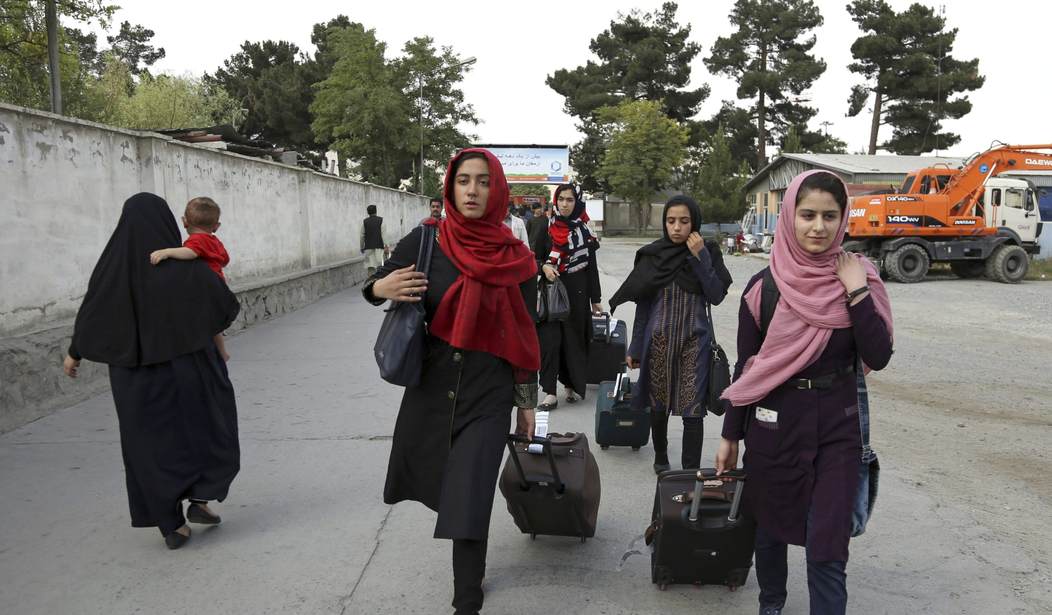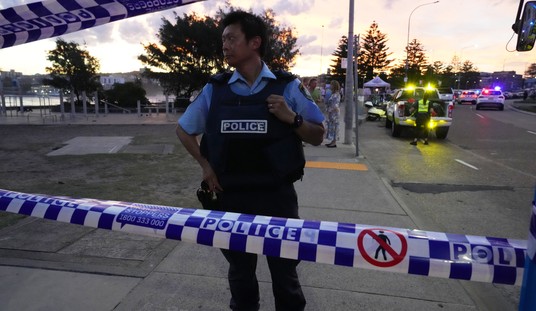WASHINGTON — Half of one percent of visa refusals from fiscal years 2012 through 2017 were the result of concerns about terrorism or other security issues, according to a new study from the Government Accountability Office.
The GAO was asked to review nonimmigrant screening and vetting, and found that out of nearly 2.8 million visa rejections in fiscal year 2017, 1,338 applications were turned away because of President Trump’s executive actions that included restrictions on entry from a handful of countries of concern.
About 80 percent of applications for nonimmigrant visas came from business travelers and tourists. Six countries made up more than half of the applications: China, Mexico, India, Brazil, Colombia and Argentina.
Eighteen percent of all nonimmigrant visa applications were denied, with nearly 94 percent of those simply not qualifying for the visa and 4 percent not having complete documents.
“Our analysis of State data indicates that relatively few applicants — approximately 0.05 percent — were refused for terrorism and other security-related reasons from fiscal years 2012 through 2017. Security related reasons can include applicants who have engaged in genocide, espionage, or torture, among other grounds,” says the report. “Terrorism-related grounds of inadmissibility include when an applicant has engaged in or incited terrorist activity, is a member of a terrorist organization, or is the child or spouse of a foreign national who has been found inadmissible based on terrorist activity occurring within the last five years, among other reasons.”
In 2017, both terror concerns and country of origin blocks per executive order each accounted for 0.5 percent of visa refusals.
“Previous attempted and successful terrorist attacks against the United States have raised questions about the security of the U.S. government’s process for adjudicating NIVs, which are issued to foreign nationals, such as tourists, business visitors, and students, seeking temporary admission into the United States. For example, the December 2015 shootings in San Bernardino, California, led to concerns about NIV screening and vetting processes because one of the attackers was admitted into the United States under a NIV,” GAO wrote, noting that they studied the “most recent and complete data available” and “visited seven consular posts selected based on visa workload and other factors.”
The public version of the report excludes information deemed sensitive by DHS, the State Department, and the Office of the Director of National Intelligence.









Join the conversation as a VIP Member